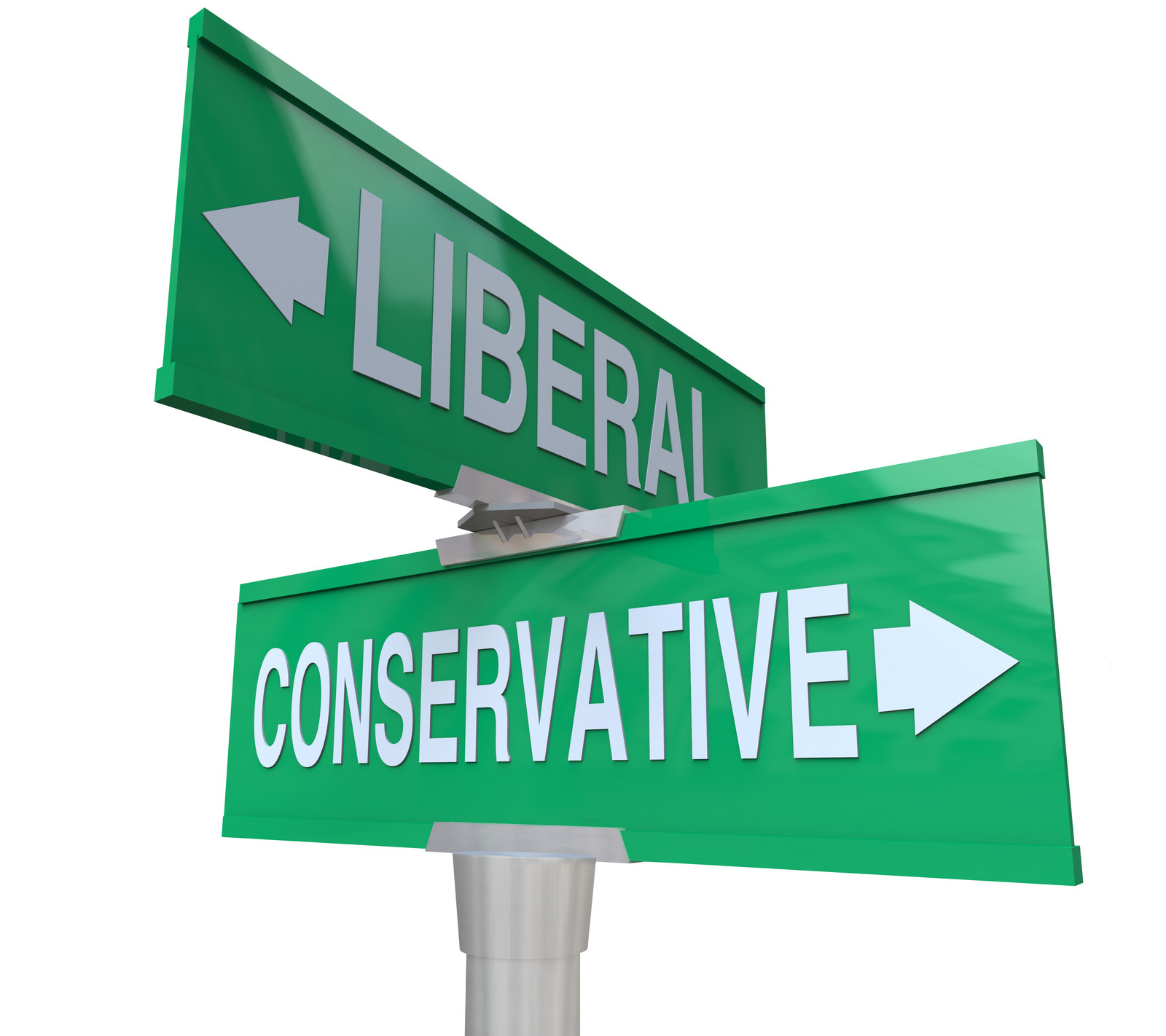

Here’s a scenario you may have never mulled over: You’re having a conversation with a complete stranger when he announces, in no uncertain terms, that he’s a Nazi.
Should you punch him?
Doubtless, we’re highly unlikely to ever face this situation as the Nazi regime was punched into oblivion over half a century ago. But I was surprised to learn just how many Should You Punch Nazis? articles are out there. With the rise of the alt-Right and white supremacy groups and the careless proclivity some on the Left have in calling everyone that disagrees with them a “Nazi”, some are beginning to think-through the ethical implications and efficacy of Nazi-punching.
In our grandparent and great grandparents’ generation, Nazis punching was less of a philosophical discussion than it was a national pastime. When a nation is at war, one does not ask if the enemy is deserving of punishment. Violent aggression is state sponsored. But then, the nation had not employed every able-bodied citizen to the task but only those who wore the uniform. The government asked a lot of the entire country, from rationing to buying war bonds to encouraging young men to enlist. But the government was not asking for wayward do-gooders to fly into Europe by themselves and punch the nearest bystander they suspected were allied with the Third Reich.
But today’s post isn’t about the merits or mischief of vigilantism. I want to focus instead on whether or not punching Nazis is likely to produce the outcomes we’d want. That is, what exactly are we trying to accomplish if we set about identifying Nazis to punch? Is it simply that those who hold views we deem too vile deserve to be punched, or are we attempting to impact society for the better?
Blogger and writer Katherine Cross published a piece extolling the morality and imperativeness of contemporary Nazi punching. “To be blunt,” writes Katherine, “Nazism is democracy’s anti-matter. There is nothing about the ideology or its practice that is anything but corrosive to democratic institutions.” I agree.
Liberal democracy is a big-tent ideology that provides a societal structure for many competing views to debate their ideas without killing or harming one another. This model has been highly successful in reducing violence between warring factions within the same nation. So long as they respect the liberal democratic institutions, we can all get along. But what happens when a viewpoint identifies the democratic framework as the very thing to be destroyed? “Fascism is a cancer that turns democracy against itself unto death,” Katherine continues, “There is no reasoning with it. It was specifically engineered to attack the weaknesses of democracy and use them to bring down the entire system, arrogating a right to free speech for itself just long enough to take power and wrench it away from everyone else.”
This is more than idle speculation. Fascist groups have successfully torn apart democracies and established themselves as the sole authority of a nation (Nazism being the most prominent example). While one means of dealing with the effect of such extremism in a free society is to marginalize it, Katherine fears this simply isn’t enough, citing the growing presence of white supremacists and neo-Nazis such as Richard Spencer. “When… someone like Spencer does come along and is being feted in the mainstream, there are no other options available to us.” Violence is the only recourse left to protect democracy, so punch away!
But is it true to say that Nazis are given mainstream status? Are white supremacists frequently invited to speak at public events? Are neo-Nazis given equal time to weigh in on important political discussions as other parties on major news networks? Do hate groups comprise a significant portion of the population? Is it really true that these extremists are afforded equal footing in our society and the only “options available to us” is to take matters into our own fists, so to speak? As blogger Barry Purcell put it, “If…you find yourself out of ideas once punching is taken off the table, this might represent a failure of the imagination on your part.”
Indeed, in a functional democracy, the best way to combat radical extremists who use fear and violence to further their cause isn’t punching them in the face—the very thing they’re good at—but combating their cowardly and baseless ideas with better ideas. At times it may be necessary to defend democracy with violence. But the internal maintenance of democracy is far more dependent on the stories we tell ourselves and the free-flow of ideas (both good and bad) than it is on well-intentioned ne'er-do-wells punching people in the face.
“Any ideology which is dependent on a victim-complex narrative will be validated, emboldened, and enabled by violent resistance,” continues Purcell, “The more you punch them, the better it goes for them. They’re so desperate for this validation that they will specifically engineer public demonstrations to provoke as much hostility as possible.” Journalist Jesse Singal agrees, stressing, “In the case of violent counterprotest tactics—e.g., punching Nazis—experts on extremism say it is likely only to aid the white supremacists’ cause.”
The point isn’t that punching Nazis is a bad idea because it’s giving them what they want in some perverted sense, but that it is unlikely to be effective and may even spread their doctrine of hatred. Singal continues by citing researchers in the field of countering violent extremism (CVE): “Hate groups are better able to recruit and glorify their cause when they are able to engage in violence, regardless of how that violence starts.” Singal then describes how this might transpire:
“In the U.S., explicitly white-supremacist groups know they are vastly, vastly outnumbered by everyone who hates them…So their only hope for relevance is to maximize every potential bit of media coverage. And the best way to do this is to create media moments: scary, evocative images like the torch photos…but also as many violently photogenic confrontations with counterprotesters as possible. Producing violence is an underlying, often unstated, goal of many white-supremacist protests and gatherings.”
The internet comedy news channel We the Internet TV recently produced a video with the provocative title 5 Reasons Why We Need Hate Speech that was more informative than humorous. There five “reasons” hate speech was needed were:
Shutting down hate speech makes it stronger (as we’ve shown above)Hate speech can be great speech (some of our proudest achievements in social justice began as ideas unaccepted by the masses at one time)Hate speech cannot actually hurt you (and shielding yourself from ideas you don’t want to hear makes you weaker)Suppressing hate speech makes us stupid (it doesn’t allow for the nuances that often accompany rigorous debate)Hate speech makes us better (there’s no way to silence the monsters who preach hate without becoming one of them. If we just tune out opposing viewpoints we lose the opportunity to fight for a better future.)
There’s a lot here, and I don’t want to get needlessly sidetracked (the video does an excellent job exploring each point). But here again we see that punching Nazis is unlikely to end hate speech. The video even notes that during the period when the Nazis rose to power in Germany there were very strict anti-hate speech laws. Every time a Nazi served time in prison for violating these laws it became an effective propaganda tool to win the public’s sympathies and remain in the news.
And it’s not just extremists like Nazis who can inadvertently profit from others trying to shut them down. Some even rise to fame because of their adversary’s efforts. Professor of Psychology Jordan Peterson gained international fame after repeated attempts by students to silence his lectures and speeches. Controversial journalist Andy Ngo gained prominence and sympathy after being assaulted by the radical Leftist group Antifa. Even yours truly gained a noticeable bump in visitors to my blog when I wrote about my experience with someone attempting to intimidate me into silence by contacting my employer.
A willingness to engage in violence against those spewing hate says less about one’s stance on hate than it does their inability to engage in civil discourse. “If people with a different political outlook are not just fellow citizens who disagree with you but the enemy, trying to bridge difference or seek compromise is pointless,” warns Cathy Young of The Boston Globe, “And once you’ve decided that it’s OK, even desirable, to punch Nazis, your definition of who qualifies as a Nazi or a fascist is bound to keep expanding.”
It’s easy to mentally assign a label to your political adversaries that absolves any responsibility on your part. If your opponents are actual enemies who must be destroyed else they destroy you, life just got a lot simpler (and potentially more violent). And it may be true that some are truly beyond the reach of civility and decency and rational persuasion. But sometimes people surprise you. I knew two brothers in college who were the epitome of civil behavior but had both been brainwashed into a neo-Nazi group in high school. Even conservative giants such as Thomas Sowell and Irving Kristol described themselves as Marxists in their young adult life.
To truly combat hate speech we have to offer something better. We have to cultivate an attitude of humility and respect for others, even when those others aren’t returning the favor. It’s hard work and there’s certainly no guarantee it’ll work in every case. But it is a small price to pay for the privilege of living in a culture that gives the government a monopoly on violence under limited circumstances while we work to live with people we may not like but we do not intend to harm.
from savingelephantsblog
via https://www.savingelephantsblog.com/saving-elephants-blog



